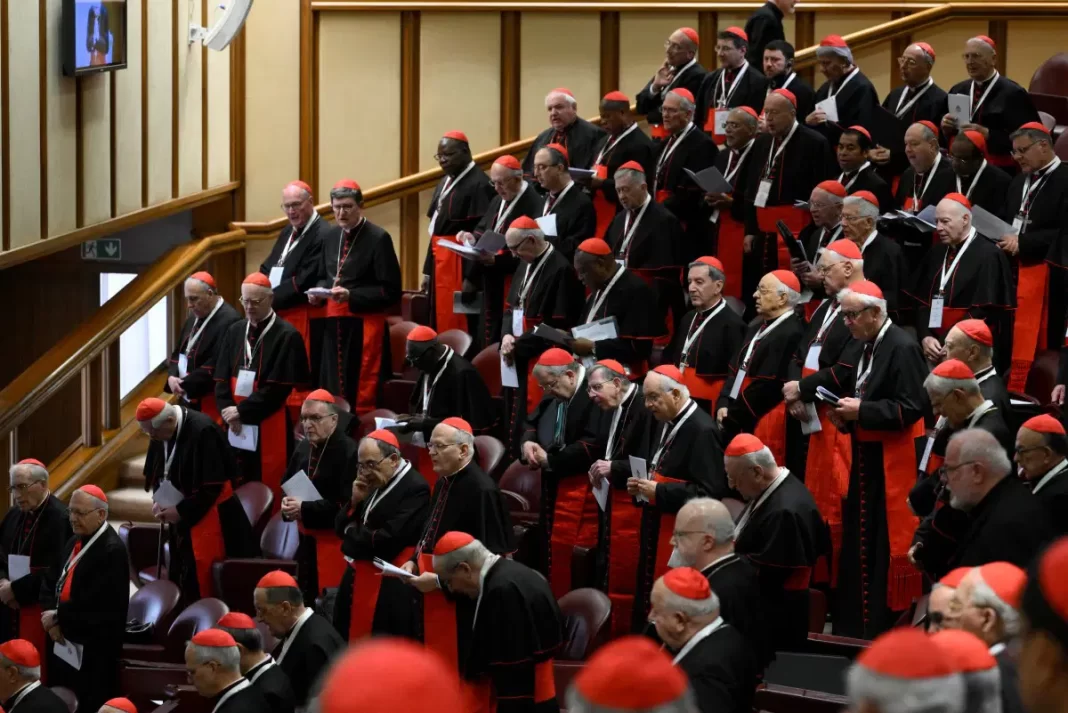Vatican City — The Vatican has officially confirmed that all 133 cardinal-electors expected to participate in the upcoming papal conclave have now arrived in Rome, marking a critical milestone in preparations for the election of the next pope.
These cardinals—senior leaders of the Roman Catholic Church under the age of 80—are tasked with one of the most sacred duties in the Catholic tradition: selecting the new pontiff who will succeed the Chair of Saint Peter. With their arrival, the Church moves a step closer to initiating the centuries-old ritual that will unfold behind the closed doors of the Sistine Chapel.
Vatican spokesperson Matteo Bruni announced the development in a brief statement to the press, saying, “All the cardinal-electors summoned for the conclave are now present in Rome. The necessary preparations are proceeding, and the Church remains in prayerful anticipation as we approach this significant moment.”
The conclave is triggered when the papacy becomes vacant, typically following the death or resignation of a pope. While no official date for the start of the conclave has been released, Church officials suggest it will begin soon, likely after the customary period of mourning, reflection, and spiritual preparation.
READ MORE: Oyo State Commits N3.5 Billion to Upgrade Rural Markets
The presence of all eligible cardinal-electors is a constitutional requirement for the conclave to proceed. These 133 cardinals hail from various parts of the world, representing the global nature of the Catholic Church. Their diversity reflects the Church’s presence across continents, cultures, and languages—an increasingly important consideration as Catholicism navigates complex modern challenges.
The electors will spend the coming days in prayer, private meetings, and guided reflection to help discern the qualities needed in the next pope. When the conclave begins, the cardinals will be locked inside the Sistine Chapel, where they will be cut off from all outside communication until a new pope is chosen.
Strict protocols are in place to maintain the secrecy and integrity of the process. Electronic devices are prohibited, and surveillance is intensified to prevent leaks. The cardinals take an oath of secrecy, and the results of each voting round remain confidential.
The world will know a new pope has been elected when white smoke rises from the chimney of the Sistine Chapel, signaling the joyful announcement: Habemus Papam — “We have a pope.”
As the Church prepares for this historic transition, millions of Catholics around the world are joining in prayer, hopeful that the new leader will guide the Church with wisdom, compassion, and moral clarity in a time of both internal reform and global uncertainty.




